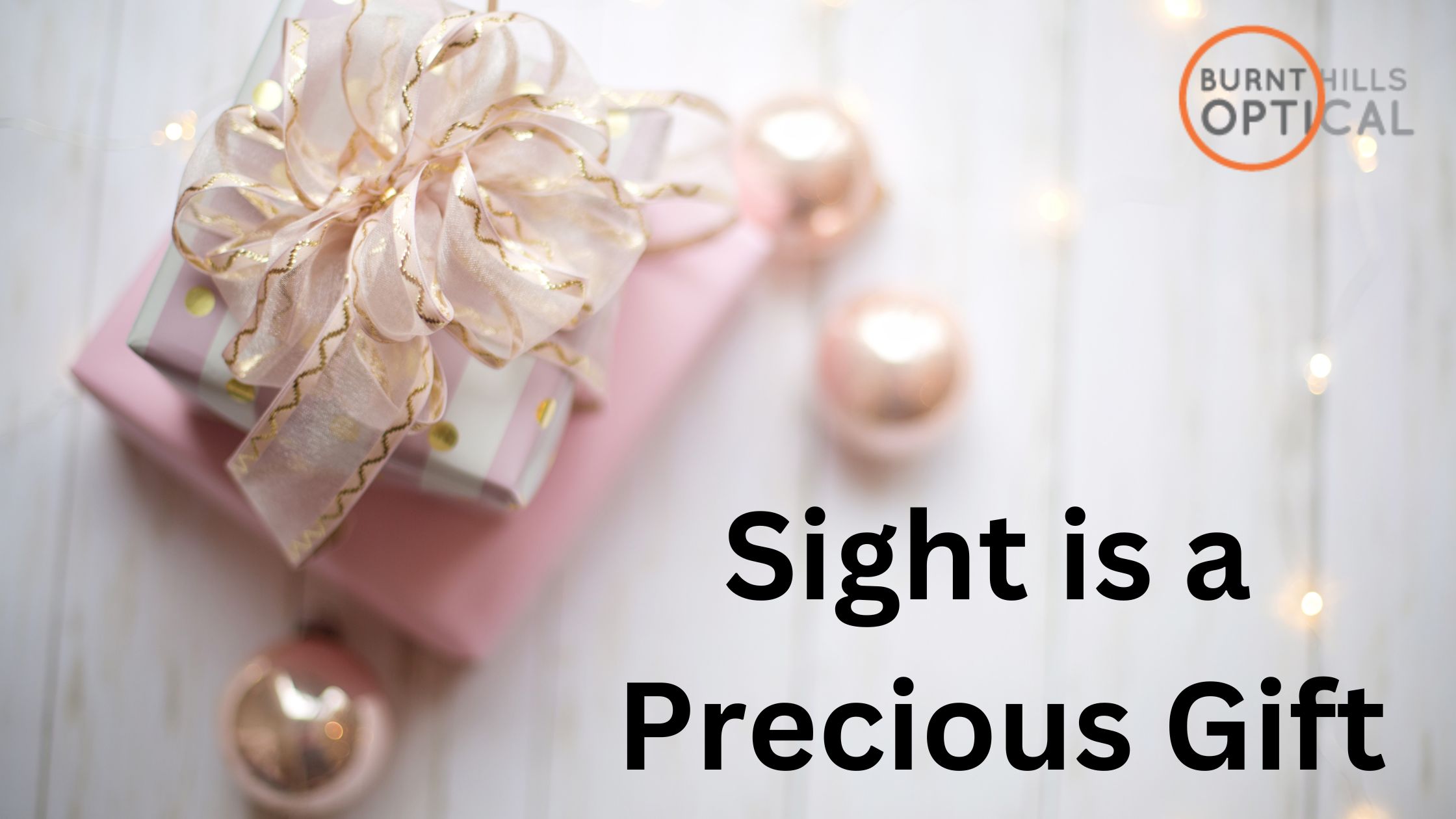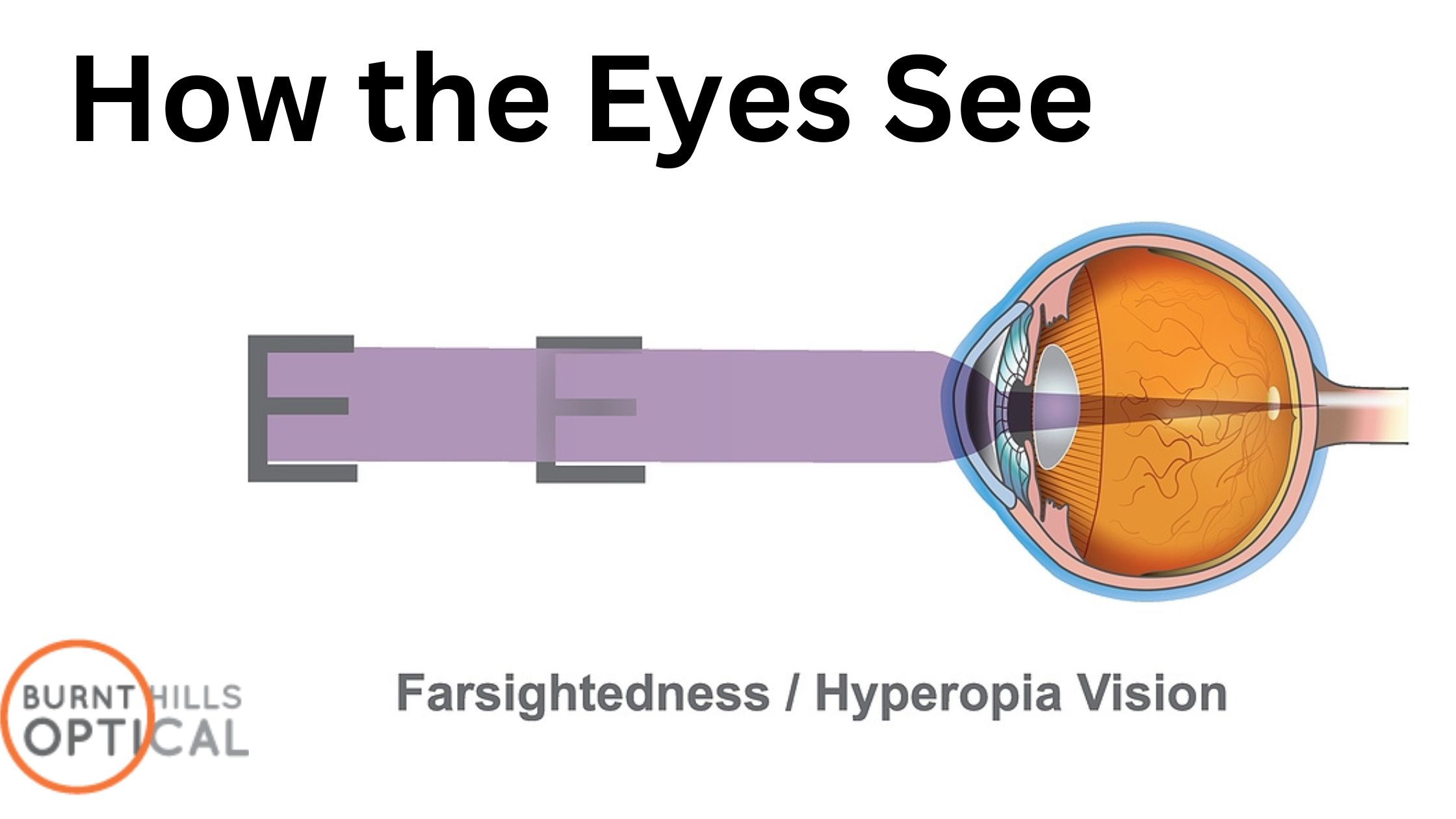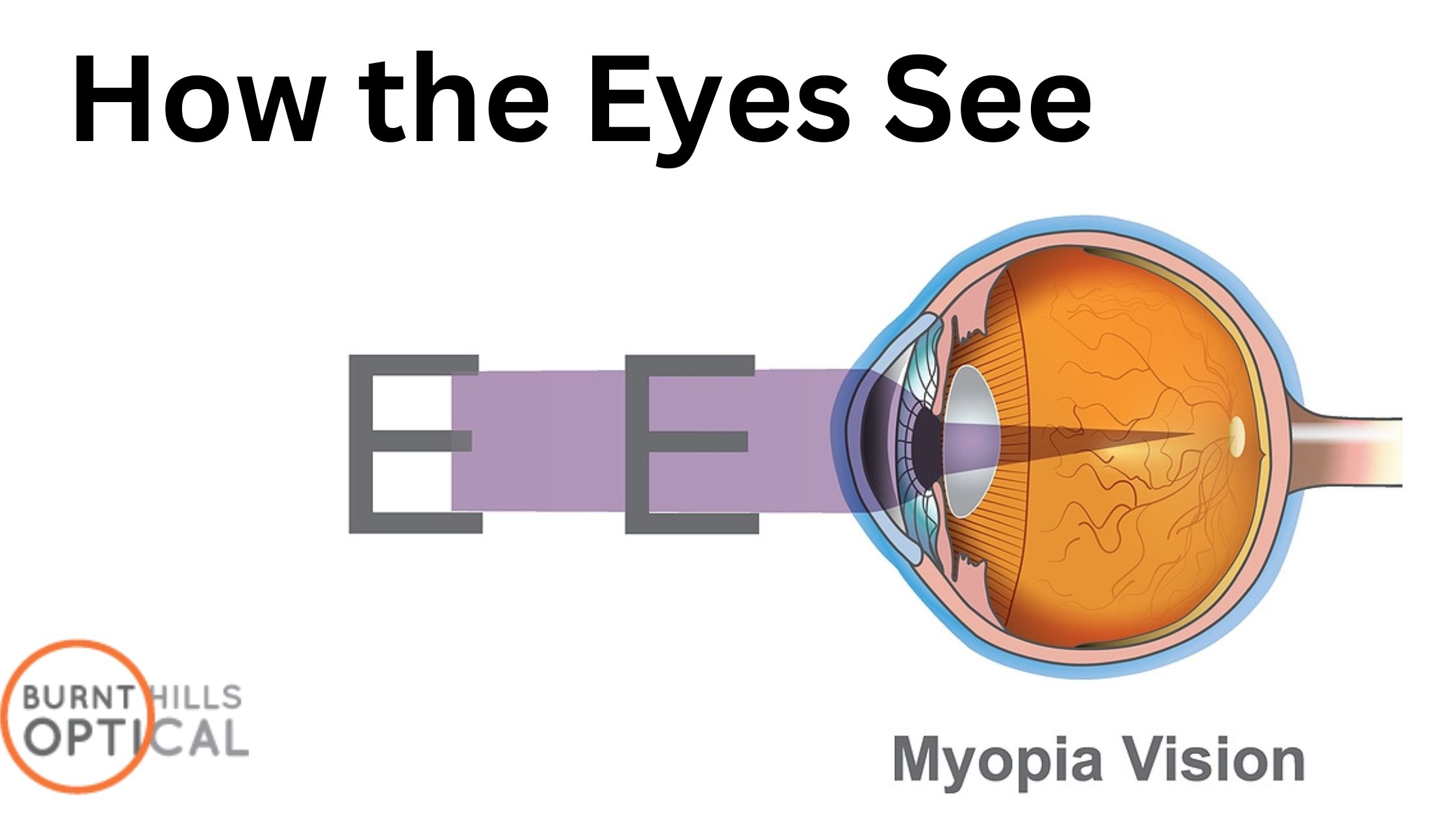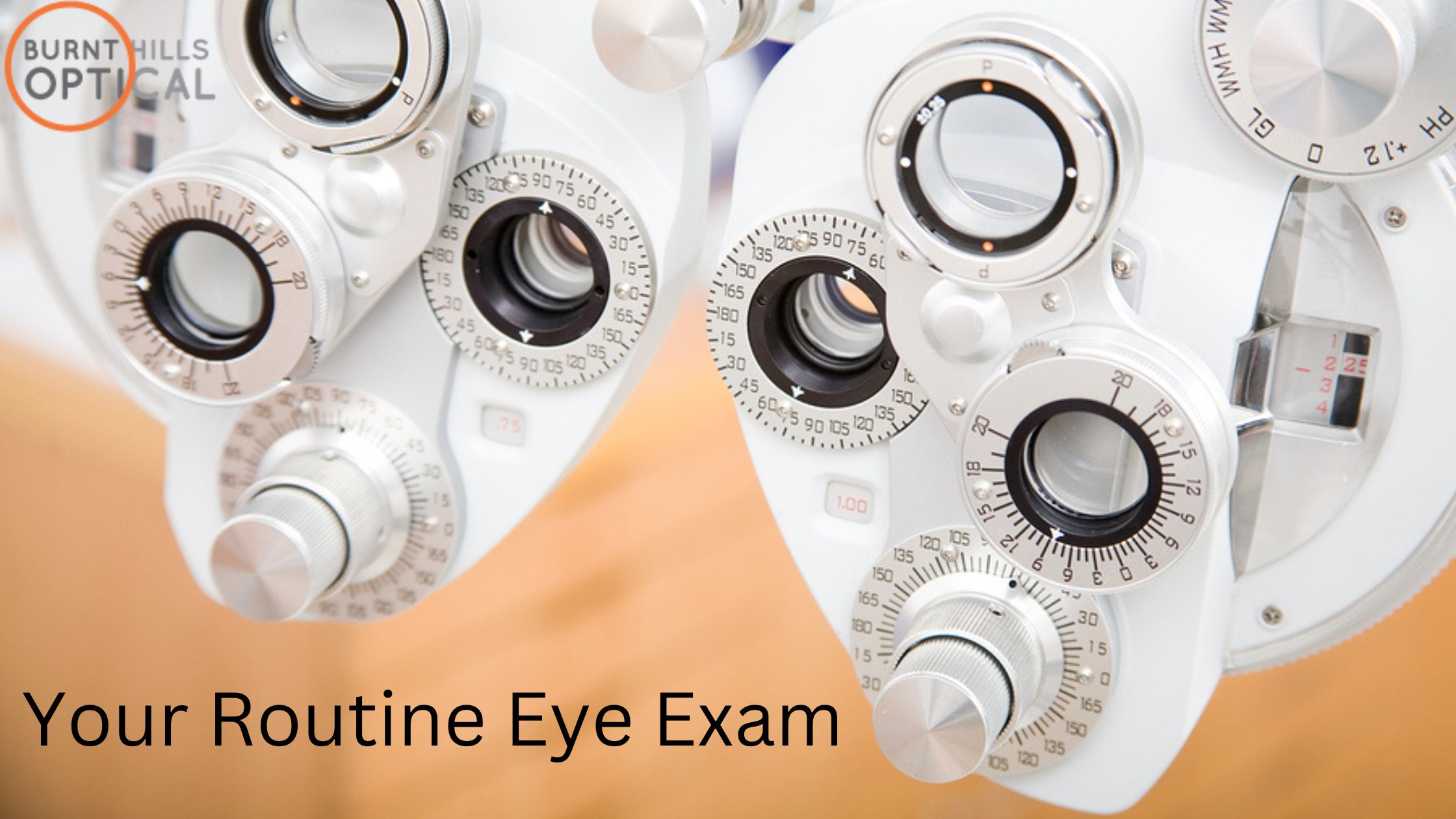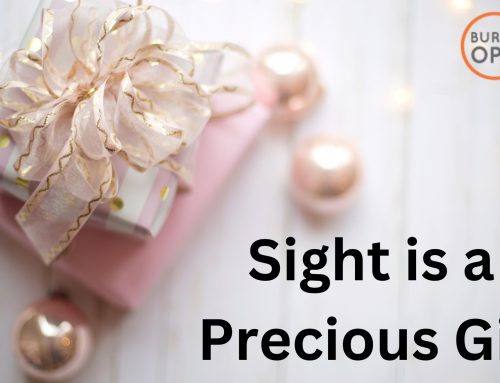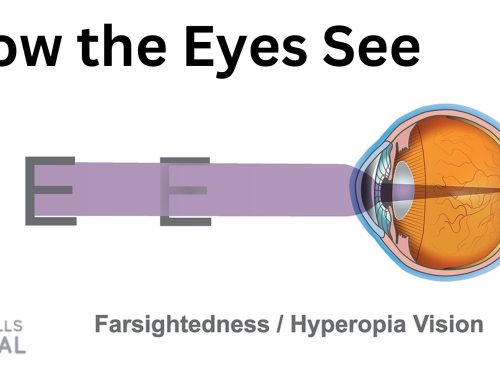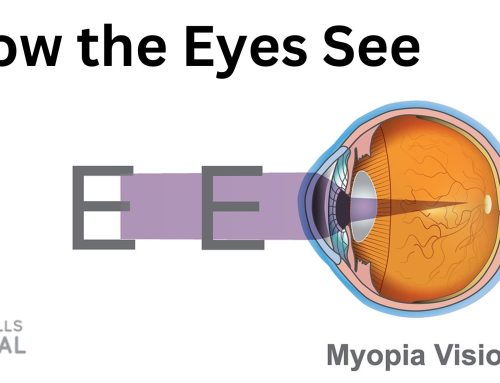Vision doesn’t just happen. A child’s brain learns how to use eyes to see, just like it learns how to use legs to walk or a mouth to form words. The longer a vision problem goes undiagnosed and untreated, the more a child’s brain learns to accommodate the vision problem. That’s why a comprehensive eye examination is so important for children. Early detection and treatment provide the very best opportunity to correct vision problems, so your child can learn to see clearly.
During the infant and toddler years, your child has been developing many vision skills and has been learning how to see. In the preschool years, this process continues as your child develops visually guided eye-hand-body coordination, fine motor skills, and the visual motor skills necessary to learn to read. As a parent, you should watch for signs that may indicate a vision development problem, including:
- a short attention span for the child’s age
- difficulty with eye-hand-body coordination in ball play and bike riding
- avoidance of coloring and puzzles and other detailed activities.
There are everyday things that you can do at home to help your preschooler’s vision develop as it should. These activities include reading aloud to your child and letting him or her see what you are reading; providing a chalkboard, finger paints and different shaped blocks and showing your child how to use them in imaginative play; providing safe opportunities to use playground equipment like a jungle gym and balance beam; and allowing time for interacting with other children and for playing independently.
From ages 2 to 5, your child will be fine-tuning the visual abilities gained during infancy and developing new ones. At age 3, your child should have a thorough optometric eye examination to make sure your preschooler’s vision is developing properly and there is no evidence of eye disease. If needed, your doctor can prescribe treatment including glasses and/or vision therapy to correct a vision development problem. Every experience your preschooler has is an opportunity for growth and development. They will use their vision to guide other learning experiences.
If you have any questions about this article or any other eye care issues, you can always ask us on our Facebook page or contact us directly. We promise a prompt response and would be happy to help ensure the health and well-being of your vision.

